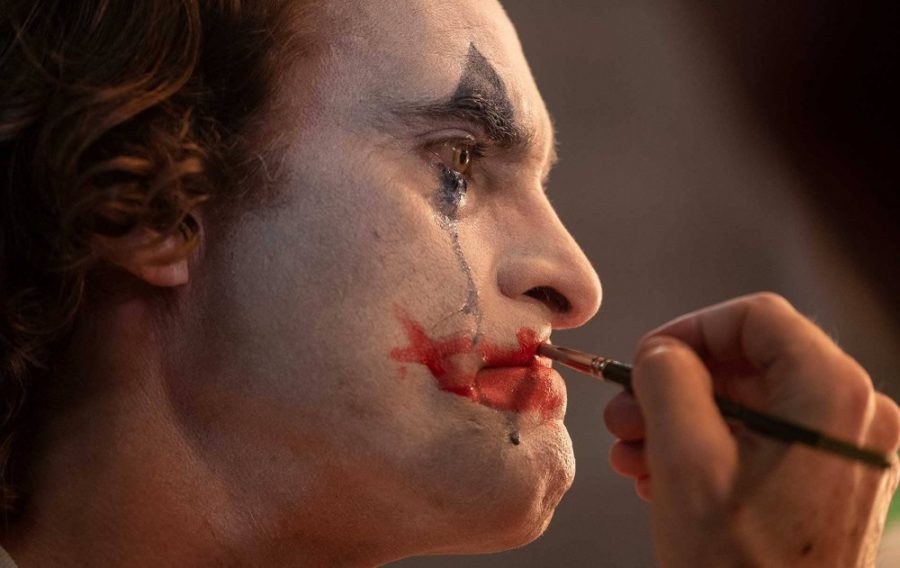Once Upon a Time in Hollywood was a plotless drag, Marriage Story’s only interesting aspect was “slutty” Laura Dern in the courtroom, and I didn’t even watch 1917 because how many more movies do we need about World War I (or war in general)? Although the entire concept of ranking art is perverse in itself, I can’t help but get disheartened when the same kind of film, made by the same kind of person, is awarded an Oscar year after year.
The makeup of The Academy of Motion Picture Arts and Sciences has always been predominantly old white men. Although the ratio has improved over the past few years, it is still apparent how impactful this lack of diversity is when the Oscar nominations and awards are announced. Good and bad are subjective. That’s why the Academy should be more diverse. I mean, the bulk of moviegoers are all under 40 – no wonder 1917 was such a big hit with AMPAS. Also, a little over 50% of moviegoers are women.
With this in mind, I would like an explanation as to why Greta Gerwig did not get to relish in her second Best Director nomination in this past ceremony. Not only did Gerwig get snubbed, but other women directors such as Lulu Wang, Lorene Scaferia, Marielle Heller, Alma Har’el, Céline Sciamma (Miss Sciamma I am so sorry), and more.
RELATED: Nobody’s joking about Joker
The lack of recognition of women filmmakers poses a lot of questions for film lovers like myself. If movies like Once Upon a Time in Hollywood, Joker, and Ford v Ferrari were recognized in the 92nd annual ceremony, is The Oscars just a numbers game? Portrait of a Lady on Fire filled film review boards with positive ravings. It also was directed by a woman, for women, and gave the gays everything they have been deprived of in the dozens of other male-directed sapphic films. Tarantino’s feelingless three-hour montage of driving and feet, however, was nominated in ten different categories. But, it did make nearly 400 million in the box office while Sciamma’s film made 3.5 million.
It would be comforting to think that numbers are the main force driving women directors out of the Academy’s picks, but it was women directors who were responsible for 12% of 2019’s top 100-grossing films.
Unfortunately, it’s safe to say that The Academy simply doesn’t recognize the genius behind some of the most critically acclaimed movies of the year. The reason behind this? Because they were made by, and in some cases for women. There is a reason the director’s branch of the Academy has consistently declined to share its gender breakdown.
What I have taken away from this year’s award season is that The Oscars are a broken institution that views the rightful awarding to people of color and a few nominations to women as a way to check some diversity boxes. Are viewers supposed to be appeased when Greta Gerwig is the only recognized woman director, but only for Best Adapted Screenplay? Or when Parasite won the Best Picture award but the cast didn’t receive a single acting nomination? (Although, that’s a rant for a different time.)
As a whole, I am sick of watching movies made by the same type of middle-to-late-aged white men. I am so exhausted from sifting through films that are angled toward women to find some inkling of an honest depiction of womanhood in any capacity. The only way to fix the huge disparity of genuinely good movies (for women and in general) is to let women make them. The lack of women directors and filmmakers boils down to the long-standing Hollywood boys’ club that has historically shut women out and/or, at the very least, throws them an indie-budget-sized-bone as a low-stakes jab at inclusiveness.
Gender-swapped reboots of pre-existing films just aren’t cutting it. In fact, they’re making things worse for filmmakers with good, original ideas. Women don’t want a new Charlie’s Angels or Oceans 8, we want films that make it feel like we’re allowed to be watching; like something was made for us to wholly connect with rather than actively parsing through what bits of the movie make up for the offensive or nonsensical parts. We want women filmmakers to be trusted with the budgets and platforms they deserve.
We want a woman that was behind the camera to give an acceptance speech.
Follow Selena on Twitter









